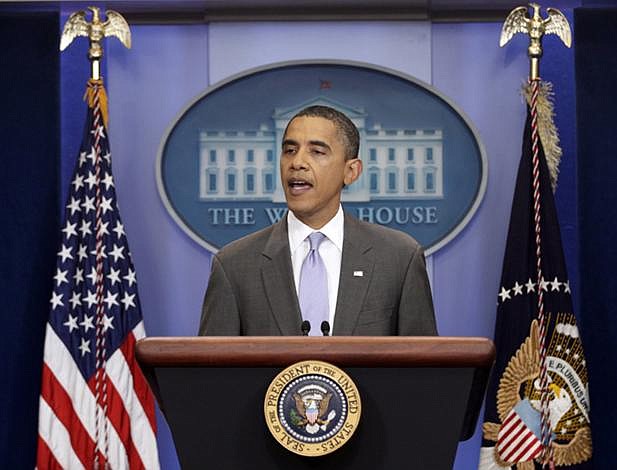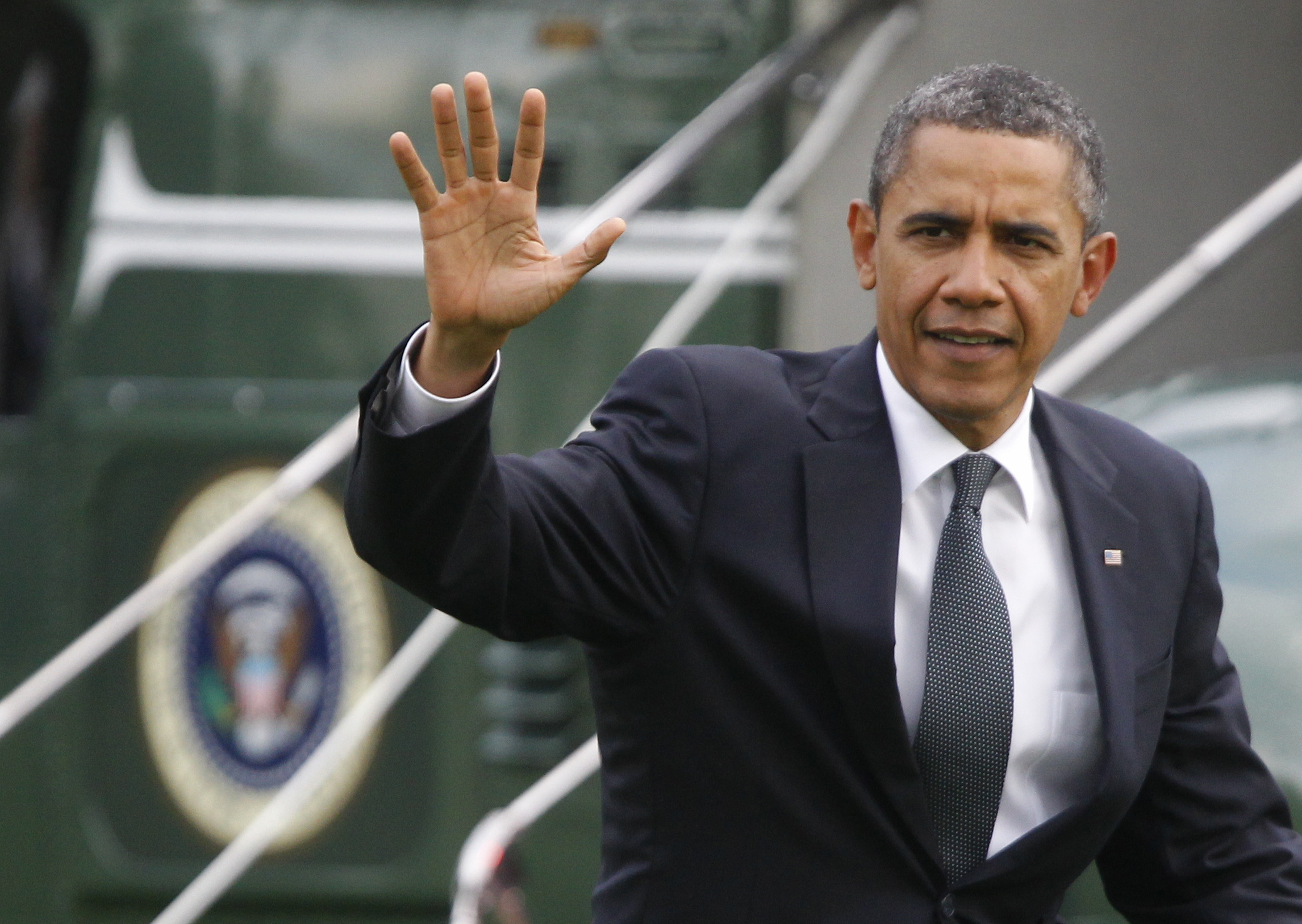Far be it from us to reject any reduction in wasteful federal spending. Even comparatively small spending should be cut if it is unwise or unconstitutional.
So we do not fault President Barack Obama for his recent executive order directing the federal government to cut back on things such as "free" giveaways of T-shirts, mugs and other trinkets at government conferences. The order also would reduce unnecessary travel, and the administration says it could ultimately save taxpayers as much as $4 billion annually.
But while those planned cutbacks in federal spending are worthwhile, we cannot shake the feeling that they are really just token support from the Obama administration for spending cuts. The president has, after all, called for almost half a trillion dollars in new "stimulus" spending, after the first stimulus proved to be a boondoggle.
In the face of a national debt that is rapidly approaching $15 trillion -- and annual interest on that debt totaling hundreds of billions of dollars -- a possible $4 billion reduction in federal spending is simply not evidence of any major budget-cutting initiative on the part of the administration.
Unfortunately, the president is far from alone in his halfhearted attempts at spending cuts.
The bipartisan committee in Congress that is looking at ways to cut about $1.2 trillion from federal budget deficits over the next decade will "fail" even if it technically "succeeds" in finding those cuts.
Why? Because that $1.2 trillion would be only a slowdown in the rate of the growth of our debt. In other words, the debt would keep growing -- just not quite as fast. That's no solution! It is at best a Band-Aid on a serious wound.
In fact, it may be even worse than that. If the congressional committee comes up with the sought-after $1.2 trillion in deficit reductions, it will undoubtedly be proclaimed a great "victory" for the United States and our economy. But because the reductions would be so much smaller than the cuts we actually need, they risk creating a false sense of security. Lawmakers will congratulate themselves on having "done something" about spending -- even as the spending continues out of control!
Federal spending reductions are clearly desirable, but the American people should not be lulled into thinking that token spending cuts are a substitute for the significant reductions that we need if we want to help our economy.
Among other things, we are going to have to look at reforms of Social Security and Medicare, both of which are heading toward bankruptcy if they are left as they are.
It is also vital to work toward eliminating plainly unconstitutional spending such as passenger rail subsidies, as well as costly, counterproductive subsidies for alternative energy sources including ethanol and wind and solar power.
Without serious reform of runaway federal spending, we will not be able to deal with the national debt. And without addressing the debt, we will not be able to unshackle our economy and create jobs and growth.
Are we ready to do that? Judging from what we've seen in Washington, that's painfully uncertain.

